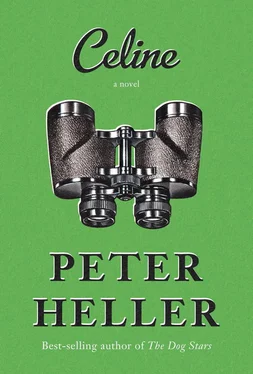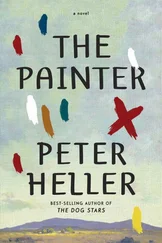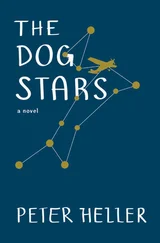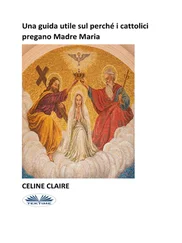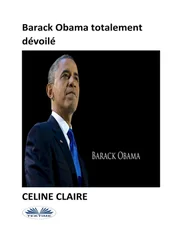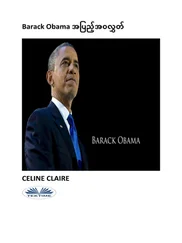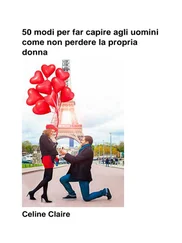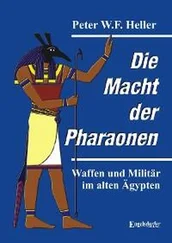Celine caught sight of him and turned. “Hank! Come look at Orion with me. We don’t see the stars much in the city. I’ll miss this terribly. Honestly, I could live in Bennie for the rest of my life.”
“Whoa! I said you could borrow him.”
“I wonder if the shell would get too tight?”
“Probably.”
“Probably.”
Hank hugged his mother good night. He squeezed her and whispered in her ear, “Mom, I know I have a sister. I don’t blame you, or anyone.”
She stiffened, breathed. She stepped back from the hug and held him at arm’s length. She said, “Bobby told you.”
He nodded.
“How they took her away before I could even smell her hair, put my lips in her ear, tell her what I wanted to tell her. The promises I had to make. I had things to say to her.” She pursed her lips, breathed.
Hank found his voice. “Her name was Isabel, right?”
“She told you that?”
He nodded.
“That’s right. Isabel. What I called her. She would be—is—ten years older than you. I wanted to promise her that I would find her. One day, I would. I did promise. As the nurse swept her out the door. It’s something I live with.”
Hank hesitated. He closed his eyes and he could smell the cold water in the creek. “Will you keep looking?”
“I am looking every day. I never stop.”
Many dear friends and family contributed generously to the making of this book. To my first reader, Kim Yan, I am so grateful. Your insight, humor, and literary sensitivity are a great boon. Lisa Jones and Helen Thorpe were constant companions and indispensable, as always. Thank you. And thanks to Donna Gershten for your energy and careful readings. And to Mark Lough. Ted Steinway, Nathan Fischer, Jay Heinrichs, Rebecca Rowe, and John Heller helped all along as they are wont to do. As did Pete Beveridge, Leslie Heller-Manuel, Callie French, and David Grinspoon. Carlton Cuse gave me another creative jolt, which he’s been doing since we were fifteen. Jay Mead and Edie Farwell shared their excitement and knowledge. So did Sally and Robert Hardy, Margaret Keith/Sagal, and JP Manuel-Heller. Ana Goncalves saved me at a critical moment. Thanks again to Jason Hicks and Jason Elliott for their expertise. And to Bethany Gassman, Laura Sainz, Lamar Sims, William Pero, and Thor Arnold, who know the territory. And to the docs, Melissa Brannon and Mitchell Gershten. Thanks to my buddies and first cousins Ted McElhinny and Nick Goodman. I’m glad we were there together.
I am grateful to Myriam Anderson and Céline Leroy for their discernment and passion. Your love of the work means the world to me.
To David Halpern, my agent, I raise another glass. This book, like all the others, would not have happened without your keen input, enthusiasm, edits, tact, encouragement, and humor. Skol.
And to my editor, Jenny Jackson, well. There are, for once, few words. Time and again I have depended on your intelligence and your grace and I am grateful beyond telling.
Thank you all. What a pleasure and a privilege.
Peter Heller is the best-selling author of The Painter and The Dog Stars. He holds an MFA from the Iowa Writers’ Workshop in both fiction and poetry. An award-winning adventure writer and a longtime contributor to NPR, Heller is a contributing editor at Outside magazine, Men’s Journal, and National Geographic Adventure, and a contributor to Bloomberg Businessweek. He is also the author of several nonfiction books, including Kook, The Whale Warriors, and Hell or High Water: Surviving Tibet’s Tsangpo River. He lives in Denver, Colorado.
An Alfred A. Knopf Reading Guide
Celine by Peter Heller
The questions, discussion topics, and reading list that follow are intended to enhance your reading group’s discussion of Celine, a suspenseful and heartrending story of one woman’s quest to heal broken families—including her own—through her work as a private investigator.
Discussion Questions
1. What tone does the opening scene of the book set for the rest of the story, in both establishing the atmosphere and its main themes and characters?
2. How did the interweaving of Celine’s backstory with that of Paul’s and his family’s create tension and momentum as you read?
3. Discuss the different, and even opposite, sides of Celine’s and Pete’s personalities—their hard-edged, more masculine sides and their softer, artistic, and sensitive sides. How do their careers allow both of those sides to prosper, and what does their unique relationship suggest about what they love about each other?
4. How does the couple balance out each other’s strengths and weaknesses to make for an effective partnership at home and in work? Does either of them seem more dominant in either space?
5. How does Celine’s complicated experience with motherhood motivate her work as a private investigator? Did you feel that that blurring of professional and personal lines enhanced or hindered her relationship with her clients—especially with Gabriela?
6. Celine imagines that for Gabriela home is a “space within the relative safety of her own skin.” Celine may share this sensibility to some degree. Which of her actions, tendencies, and memories in the book are most reflective of this very private and self-protective mindset?
7. How does an urban versus a rural setting bring out different sides of different characters, especially Celine’s? Can you track a progression of what kinds of places they settle in depending on their moods and mindsets, or is their mood more affected by where they are at any given time?
8. What service does Celine offer her clients on a more psychological level, beyond her unearthing of the facts of certain mysteries in their lives? Do you think she absorbs their secrets and suffering, and, if so, how does that motivate her to continue to the next case, even at the age of sixty-eight?
9. How does Hank take up the work of emotional excavation and investigation on his mother, perhaps work she’s unable to do herself? What does this suggest about our abilities to confront our own pasts with clear eyes?
10. What do all of the characters’ secrets, revealed to us gradually throughout the book, have in common? How do the characters differ in the steps they have to take to discover their own truths?
11. Although Celine’s role as a mother is a paramount focus of the book, what did you also take away from reading about the complicated role of fathers in their children’s lives? Do you think that Celine or Hank has more in common with Gabriela in this sense?
12. When Celine considers Paul’s circumstances for disappearing and leaving Gabriela, she displays a great deal of compassion—something that’s key to why she’s a good investigator. How do you think she’s been able to channel that in spite of all that she experienced as a child?
13. The book makes the case that the world feels different after the 9/11 attacks, and also uses the grandeur of nature to indicate the smallness of humanity. Did you feel at the end of the book that ultimately humanity’s preservation was worth the effort despite these perspectives? What do those scales of comparison illustrate about how we understand our own power in the universe? Which characters are most accepting of that balance in the novel?
14. What sacrifices does Celine make for her clients, especially for Paul in regard to his involvement in the Chilean coup? Do you think they’re grateful for what she does?
15. Think about your own family and how you have dealt, individually and collectively, with secrets and difficult times. How would things have been different for your family if the losses Paul and Gabriela faced transpired for you? Could you empathize with either or both of them?
Читать дальше
